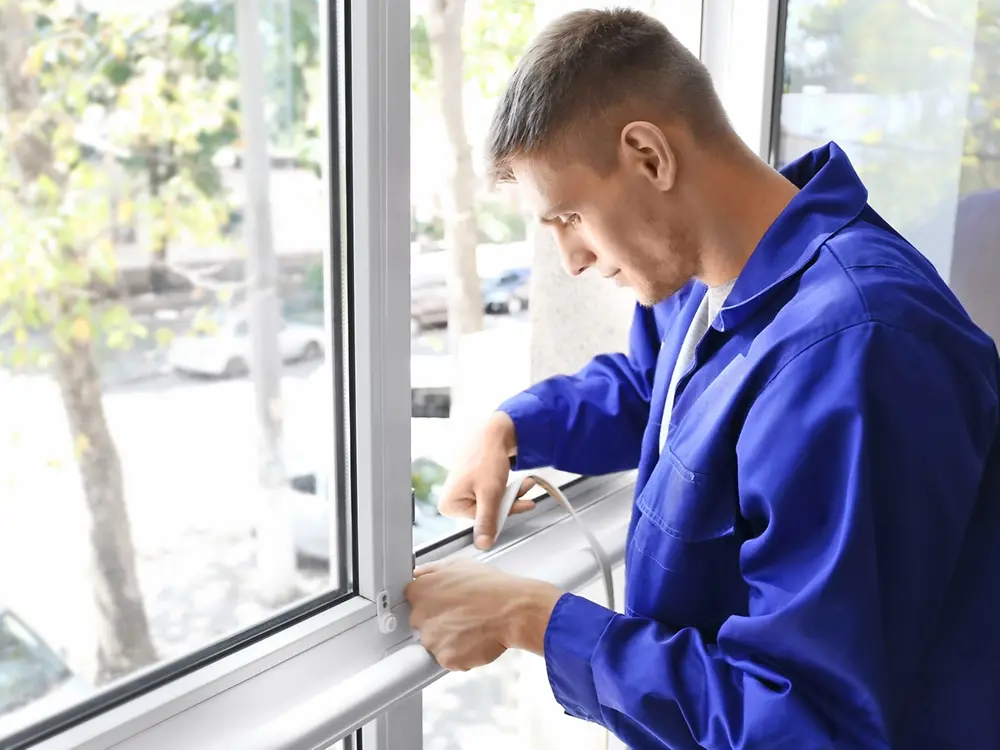This strategy enables Henkel to provide more sustainable and innovative pressure sensitive adhesive solutions to the tape, label, medical, and graphic films markets. Designed to coat a variety of facestocks, Henkel’s comprehensive UV PSA product portfolio serves all segments of traditional pressure sensitive markets, with solutions that enhance sustainability and production efficiencies.
In his new role, Motta has been tasked with advancing Henkel’s UV-curable PSA strategy, including increasing production capacity, developing Henkel’s product portfolio and ensuring the company has the agility to successfully meet evolving customer needs.
Henkel has already ramped up its production capacity in Europe with two production facilities and is currently expanding production capacity by 300% in its main European plant, with the new capability set to come online in September 2021. Additionally, a new state-of-the-art production plant will go online in Salisbury, North Carolina, USA by the end of the year.
“Our new production footprint will lead to a reliable and efficient supply chain that will enable us to support our customers’ growth strategies with UV technology,” said Motta. “We acknowledge that we have experienced capacity bottlenecks in the past. However, this awareness and our dedication to sustainability has driven us to act swiftly. We are now fully able to help advance this exciting field with the standards of excellence that customers know they can expect from Henkel.”
With its solvent-free, UV-curable PSA line, Henkel is enabling broader use of acrylic-based hotmelt adhesives across a wide range of applications and industries, particularly where solvent-free adhesives with minimal VOC emissions can help meet regulatory requirements and sustainability goals. As they avoid the added burdens of hazardous material handling and storage and can be transported with less packaging and waste, hotmelt materials can provide alternatives that are safer and more cost effective. They are also attractive to businesses wishing to create safer and sustainable working environments, with low odor, lower energy use as drying tunnels aren’t required, and smaller coating machines that require less space.
More information can be found here.












